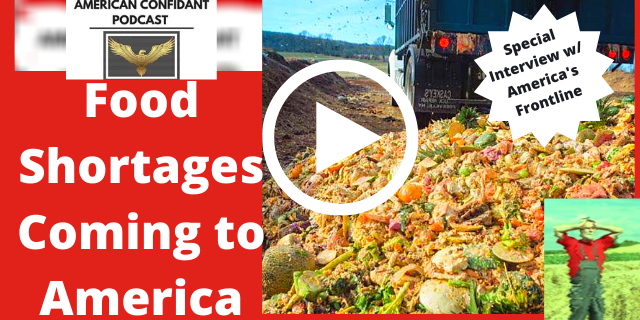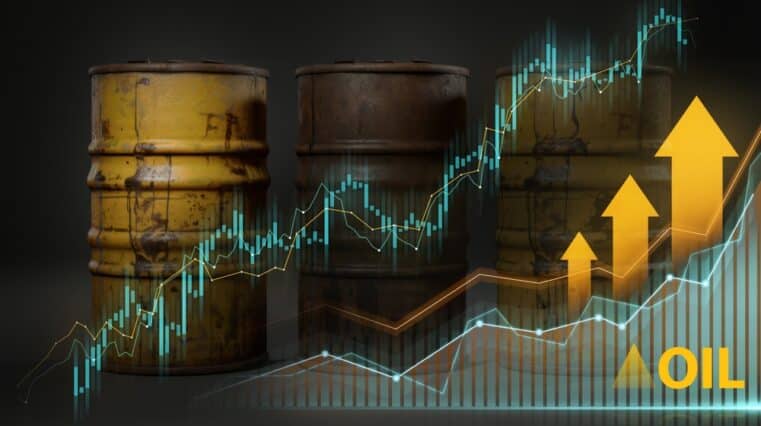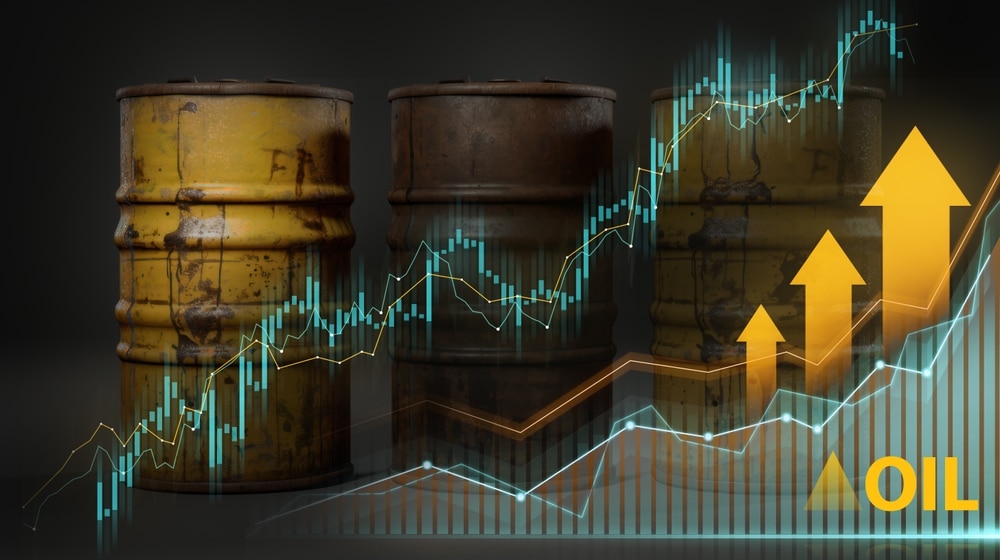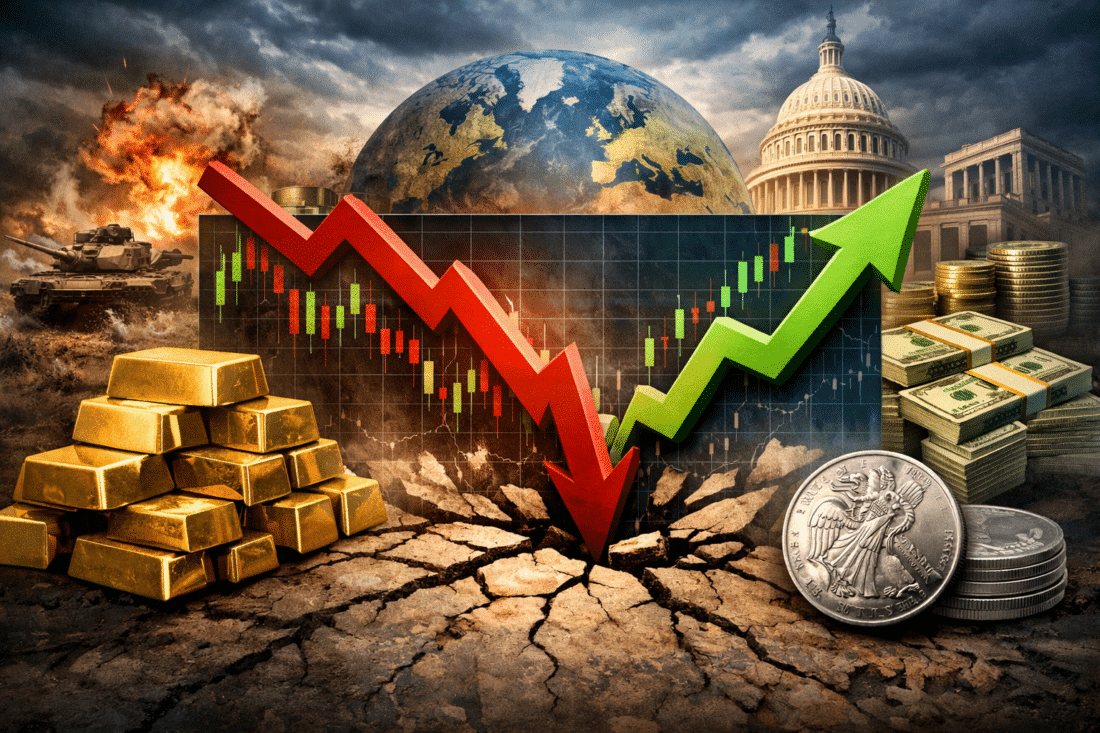
Food Shortage Coming To America - Interview with Nebraska Farms Frontline
American farmers produce
was rotting in the field
and imported produce from Mexico
was actually making its way to
at the same time making its
way to the grocery store.
Is that what I'm understanding.
That's correct.
The American
confidence interval.
We have $15 billion dollars
in gold and our treasury.
We don't own an
ounce and want to.
You don't have to go
to places because it's
called the American
dream because you have
to be asleep to believe it.
The American Confidant OK.
Welcome to the
American Confidence.
Today we've got a special
guest Mr. bill price
and he's an agriculture
small agricultural farmer
in Nebraska.
He's also a client
of GSI Exchange.
And bill welcome to the show.
Thanks for having me today.
It's a pleasure bill.
Bill's got over 18 years of
warehouse freezer industry
experience.
He's also got over 20 years
in purebred cattle industry
and for the last 12 years.
He's been raising lamb and
fill some of the things
that you and I were talking
about as the American consumers
food awareness and how
they're most Americans are not
even aware of what goes into
bringing food to market you
know putting it on the table.
When I was in a
freezer warehouse
we'd have different
situations come up
and there's certain things
that we grow up with.
We just assume everybody knows.
I was amazed at how
widespread even though,
guys work them
where the product.
Day to day didn't realize
that I have no idea as to what
it really takes to put
good, wholesome products
in the butcher case, or you
know in the protein Giles
but we've become such an
instant gratification society
that it's all about putting
a meal on the table in five
minutes for whatever
reason and not
realizing the preparation
that goes into fixing
what I call a real thing.
Bill this this brings us to the
topic here of what's going on.
And we have a real food
crisis that's brewing.
Perhaps you can
talk a little bit
about that and how the
coronavirus is actually
impacted the food supply.
You think it first.
OK The restaurant industry
basically shut down.
Coast to coast border
to border, which
caused massive backlogs
of especially fresh
produce in Florida.
And I'm sure California as well.
You know the rational
thought there would be that.
OK That's going to flood
into the grocery stores.
The price of produce
for the consumer
will drop dramatically.
But in reality, what we got was
the distribution chain where
this stuff's processed well.
They package it different to
go to restaurants than they
do to the groceries
and then those workers
weren't going to
work or were ill.
So instead, you have all this
produce shit not in the field.
And of course, the
workers that pick it.
They work.
Come into work.
So these producers
had vast quantities
of produce sitting
out in the field.
They filled up their
local food banks.
But you can't ship it anywhere.
And like in Florida
this one guy had
millions of pounds of
blueberries sitting out
in the field going
to waste eating
the price of that
production to produce them.
Yet in Chicago, there
was Mexican blueberry
shipping on grocery
shelves at $2 a pound.
I understand those contracts
were drawn up years in advance.
I contacted Jeff Fortenberry
our congressman here
in the first district in
Nebraska in his Washington
office called me
back in two hours,
and he said, you know
they were like, well,
what's up with this.
Now I'll give our
local grocery credit
because everything I
saw on his shelves here
and wines and brass
said product USA bill.
But the problem's bigger
than that isn't it
because it's not
just blueberries.
I mean, this is widespread
from what I understand,
it's affecting
green beans tomatoes
cute cucumbers cabbage.
I saw one of the ag reports
that you had sent me.
And apparently there
are millions millions
of pounds that are
of food and produce
that is being plowed under.
Farmers are literally emptying
coolers and terminating fields.
Maybe I could talk a
little bit about that.
Yeah, that was a
report that my brother
sent me that is actually from
the director of agriculture
for south Florida believe
his name is Bob McEvoy.
Moment he put that out
publicly the millions of pounds
of produce that were
haven't been plowed
under because you know it's
a hazard to the next crop
you raised.
Joe, you've got a plow under.
You can't just let it rot.
So you have an expense
there and the growing season
in that part of the
country now is over
because it's getting
too hot down there.
So those guys are left basically
with a tremendous amount
of expense and
virtually no income
plus the emotional
stress of a living thing
that you cultivated
for a period of time
and just having to destroy it.
And it's not just in
the produce industry.
That's what we're going through
here in the media industry
in the middle of the country.
Well, that's impacting you
directly isn't it bill.
Well, you and I talked
in one of the things
you mentioned to me is
the appointments just
to get your lamb.
You know to the
processing plant has
been pushed out beyond reason.
I mean, this is not normal.
What are you experiencing
well I raised
some lambs for basically an
exclusive clientele and some
of them have dietary
restrictions, which
is why they like to get
their food here local.
So they know what that critter
eight and more importantly
maybe what it didn't eat just
from a health standpoint.
And I have a processor.
I usually use when we
harvest those lambs.
I've got these lambs first part
of my called for butcher day
and they said they
were already broken
in to April and
May of next year.
And these lambs need
to be harvested.
I mean lambs own
lamb for so long.
Still it matures.
And then you end up
with mutton and it's not
near as desirable a product.
I need to harvest
these lambs in October.
I mean, that's when
they're going to be done.
The thing that's
doing to people now
they're put into a
spot where if you
go to a grocery store or the
butcher shop or anywhere else
to pick up meat that's
already been processed.
Number one, you don't
know where it came from.
You don't know which local
you don't know how it was fed.
So those are all concerned.
And then you're going
to have to pay three
times the normal market
price for a product
that you don't have that
much confidence in when
standing right out in the
backyard is a product you do,
have confidence in that you
could purchase for a third
the money be way more satisfied
and the only things stand
in your way is theirs.
There's no where to process it.
So the backlog in the
processing industry
is bleeding over in your area.
And I think one of the
things you mentioned to me
is normally you would take
these to processing in October.
But your appointment's been
pushed out until early 2021
as well.
That's not going to happen.
They're going to
get processed one
way or another if nothing else
will butcher them ourselves.
I'll just put it
in my own freezer
because that product won't wait.
But what it does do is it
leaves my clients high and dry.
So how about the bigger impact.
I mean, you're
directly impacted.
But I'm sure across
the industry as you
talk to other
farmers and ranchers
how do you see this playing out.
I mean, one of the
things you mentioned
was higher food prices and lower
quality or uncertain quality.
I think at one point.
You mentioned to me there was
over a million head of cattle
in backlog that
can't get process.
What's the impact there.
Well, at some point in
time all of those cattle,
and all those hogs that
are waiting in line.
I mean, if all the meat packing
plants open duck started
running full bore
today there would still
be a massive backlog just
because of the way things
have been the last 30, 40 days.
There's a mass number
of animals regardless
that are going to end up
being euthanized and compost
which is pretty
much a total waste.
And in the process since there
is such a backlog as supply
when these Packers do
get up and running,
they can pretty much go
on any farmer ranchers
place or any feedlot
or finishing facility
and they can dictate
what how many dollars
they will give a certain view
those prices are astronomically
low right now to the producer.
On the flip side of that,
when it comes out to other end
the hang and wait
prices and cut out
prices for beef reached
all time record high.
But I can tell you the
hamburger and our grocery store
is going up almost daily.
It went up like it went
up $1 a pound one day.
And it's up around $8 a pound
right now per pound in Hamburg.
So the Packers are in
spite of all their woes
and I'm not saying they're not
based on some economic stress
because I know they are.
But once again,
the logic would say
if there is just massive supply
out there that should come down
to the consumer and the
consumer should see some
of that at some point in time.
And then in reality
just the opposite.
So are you suggesting that we're
going to see more inflation
inflated prices prices
will continue to rise
and perhaps we could even at
some point see a lack of supply
altogether.
It depends on what
if these producers
if the people supplying the base
products can stay in business.
There might be enough supply
over the next several years
if they can't stay in business.
And many of them are
probably going to fall.
I don't know.
It's too early to make
that prediction yet.
It's going to be hard on.
I mean Sony's operations have
been in business for four,
five, six generations and they
have weathered a lot of stuff.
So I won't put it past
them to find a way
to keep doing what
they're doing.
But what it will do
is it'll weed out
a lot of guys that are
of my situation that
don't have the resources
to be able to continue
to do what they're doing.
Bill it sounds to
me like there's
going to be perhaps a two
headed problem if not three.
One being lack of supply that's
a potential problem that we
still have yet to see unfold.
But certainly it
sounds like we're
going to see an increase
on in pricing and then
as smaller farms start to go
under simply because they can't
afford to carry on with
all these challenges
that they're being
faced with we could
see a tremendous
impact on jobs as well.
And small farms
could be a thing.
Oh, sure.
I mean, there's been a massive
push over the last 10 years
to get back to center
for rural affairs
and some of these other
organizations that really
made a push for eight local
and pushing the farmers
markets local vegetables
local meat products.
There's some farm
to school programs
where school systems
are they actually
incorporated some of
the smaller farmers
in providing some produce
some things for their lunch
programs.
There's been a
big push for that.
This particular
situation does not
bode well for those activities.
There are a number
of states that
have they've shut down
their local farmers
markets for usage and
for those people that
rely on that for their
income and maybe it's
our exclusive source
and think it's
going to be really
hard on those people
because there's still taxes to
pay they're still ready to pay.
And there are still
mortgages that
say there might be some
forbearance with that
for a little while.
Eventually those bills are
going to come due and when
you have no income.
It makes it really
hard to keep that boat.
Oh well, I've got a lot
of respect for farmers.
I think farmers are
resilient are essential
farmers feed the nation
and as you pointed out
at the top of the show.
There's a lot of people
are just unaware of where
their food, even comes from.
We welcome the
opportunity to get
this get this information
out to the public, what
is it bill that Joe public
can do that can perhaps
help the farmer or help the
farming industry as a whole.
I mean, what can we do.
What can be done at
an individual level
or at a community level.
Check your labels when you
go to the grocery store
look for products grown
locally or at least
within the US board.
Support your local
farmers market.
Go buy a bag of apples
you know if you're
going to get some fictions for
a salad for dinner or something,
stop by that local
farmer's market
and support those
guys a little bit.
Call your congressman and
your local representatives
and grease the
wheels a little bit.
Let them know that you're paying
attention to this and that
and you want a local safe,
wholesome food supply
and get them back to
where they need to be.
I just saw some
data the other day
as to where the Food and Drug
Administration has actually
relaxed restrictions on
labeling in regard to meet,
in particular was
one that caught
my eye as to where
meat doesn't even
have to be all meat anymore.
It can be supplemented
with some other protein
supplements like
peas or something
and still try to call it meat.
Are you talking about.
So I'm p for.
I certainly couldn't
do that with a steak.
It would have to be something
that's ground up our sauce.
Yeah It'd be a blended meat or
your ground beef or something.
The FDA evidently has
reached has restricted
some of their labeling while
potentially we could see meat
out at the grocery store that
doesn't have a clear indication
as to what the contents are.
Right and by the same token
Nathan take foreign meat
and blended them with
hamburger and call
in a product in the US, the
country of origin labeling
became very important
right after 2001 never
the mad cow scare
you'll remember.
Yes the chronic
wasting disease that
had a big effect on the
beef industry in particular.
So the country of
origin labeling
became very specific
and restrictive.
I think it was in 2015
that was disbanded as part
of these trade agreements.
And I think that needs to be
revisited so that we actually
know if it says product USA
let's make sure it really
is brought out to USA and not
a blend of something else.
So it's a real pleasure it is
to get firsthand information
from you on the front line
there and we certainly
appreciate what you're doing.
Absolutely Phil this has
been really informative.
I really want to thank
you for taking the time
to talk with our listeners
today and getting the word out
just to elevate the
awareness of what's
taking place in our food
nation's food supply
and how bad the problem is.
I really want to
thank you again.
And in hope that we
can have you come back
on another couple
of weeks here and we
can talk further about some
of the latest developments.
We know that we know this is
still an unfolding situation
and we can only hope it
gets better from here again.
You bet.
All the best.
All right, thanks.
OK, thank you.
Bye bye.
Thank you, Bill.
Our guest today has
been Mr. bill price is
a farmer in Nebraska.
And we thank you,
Bill, for joining us
on the American Confidant
I'm your host real money.
And it's been a pleasure
joining you today.
Gsi exchange a leading
precious metals dealer
helping to protect your
retirement accounts
and delivering precious
metals straight to your door.
Contact GSI Exchange
at 800 4 7 1.
Or visit them on the
web at GSI Exchange.











